What Is a Stock Buyback?
A stock buyback is one way for a public company to return capital to shareholders. What is a stock buyback, and what is its impact on a company?

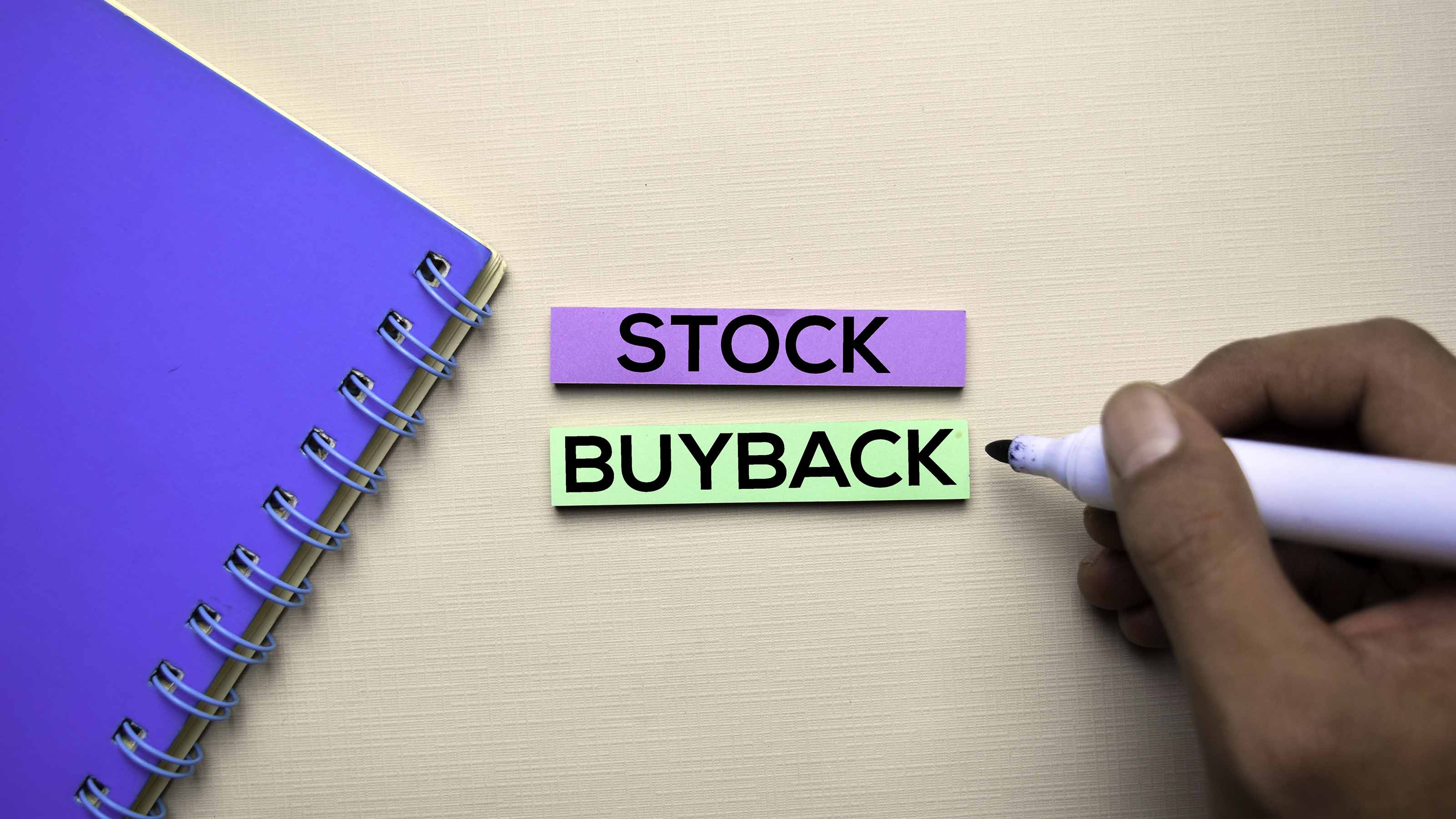
Profit and prosper with the best of Kiplinger's advice on investing, taxes, retirement, personal finance and much more. Delivered daily. Enter your email in the box and click Sign Me Up.
You are now subscribed
Your newsletter sign-up was successful
Want to add more newsletters?

Delivered daily
Kiplinger Today
Profit and prosper with the best of Kiplinger's advice on investing, taxes, retirement, personal finance and much more delivered daily. Smart money moves start here.

Sent five days a week
Kiplinger A Step Ahead
Get practical help to make better financial decisions in your everyday life, from spending to savings on top deals.

Delivered daily
Kiplinger Closing Bell
Get today's biggest financial and investing headlines delivered to your inbox every day the U.S. stock market is open.

Sent twice a week
Kiplinger Adviser Intel
Financial pros across the country share best practices and fresh tactics to preserve and grow your wealth.

Delivered weekly
Kiplinger Tax Tips
Trim your federal and state tax bills with practical tax-planning and tax-cutting strategies.

Sent twice a week
Kiplinger Retirement Tips
Your twice-a-week guide to planning and enjoying a financially secure and richly rewarding retirement

Sent bimonthly.
Kiplinger Adviser Angle
Insights for advisers, wealth managers and other financial professionals.

Sent twice a week
Kiplinger Investing Weekly
Your twice-a-week roundup of promising stocks, funds, companies and industries you should consider, ones you should avoid, and why.

Sent weekly for six weeks
Kiplinger Invest for Retirement
Your step-by-step six-part series on how to invest for retirement, from devising a successful strategy to exactly which investments to choose.
The first Trump administration cut the U.S. corporate tax rate to 21% from 35% in 2017, catalyzing a significant surge in stock buybacks by publicly traded companies.
The total number participating during any given quarter can vary, but public companies continue to make use of stock buybacks to return money to their investors.
During the second quarter, stock buybacks among the S&P 500 totaled $235.9 billion, a year-over-year increase of 34.9%. And total volume is on track to surpass the record $1.2 trillion in stock buybacks reported in 2023.
From just $107.88 $24.99 for Kiplinger Personal Finance
Become a smarter, better informed investor. Subscribe from just $107.88 $24.99, plus get up to 4 Special Issues

Sign up for Kiplinger’s Free Newsletters
Profit and prosper with the best of expert advice on investing, taxes, retirement, personal finance and more - straight to your e-mail.
Profit and prosper with the best of expert advice - straight to your e-mail.
But what is a stock buyback? And why would a publicly traded company choose a stock buyback instead of using the available funds to support a new or an increased dividend?
Indeed, why would a company choose a stock buyback rather than investing in the growth of its business?
How does a stock buyback work?
When a public company announces a share repurchase program, it usually specifies the total dollar figure it will spend buying back its own stock in the market.
That means dealing with willing shareholders selling their stock in the company through open market operations. These sellers have no way of knowing who their buyer is, whether or not it's a company repurchasing its own shares.
It's not common for a company to announce the number of shares it plans to buy back. Expressing its intent with a dollar figure takes account of the unpredictability of price action in the open market.
Take Wells Fargo (WFC), which announced in mid-2023 that its board of directors approved a new $30 billion share repurchase program.
By giving a dollar amount, the company is able to gauge market conditions and decide whether the stock price on any particular day is in the target range of what they will pay.
Once the company buys the shares, it generally cancels them, thereby reducing the total number of shares outstanding. Then, at the end of the quarter, it will announce how many shares were bought and the average price paid.
Why would a company buy back shares?
"What is a stock buyback?" is an interesting question. Another interesting question is, "Why would a company buy its own stock?"
Here are three reasons why a publicly traded company would announce a stock buyback.
Sterilization. One major purpose of buybacks is sterilization, which is the cancellation of shares that are otherwise issued to employees when their stock options or restricted stock rewards and benefits are issued.
In other words, the total number of shares does not increase, as the buybacks sterilize the normal growth in share growth.
Leverage. A second reason companies buy back shares is to effect a change in the stock price. This force effect occurs along two lines.
First, all the share buyback activity provides a natural buyer in the market that keeps the price elevated. Second, the stock can rise as the calculation of earnings per share rises. With less shares outstanding, the earnings divided by the average share count each goes up.
So, assuming the market rates the company with the same price-to-earnings multiple, the stock price will tend to rise over time.
Efficient return. A third and even more important reason for stock buybacks is the tax efficient way it returns capital to investors.
The simplest way to understand this is the fact that over time, a company that does stock buybacks can significantly increase its dividends per share. This is also done without increasing the cost of the dividends to the company.
In effect, the payments that otherwise would be used for dividend increases are spent buying back stock. So, with fewer shares outstanding, the normal dividend will rise on a per-share basis.
We can also compare results of a company that buys back its shares to results of a company that doesn't buy back shares but increases its dividend instead. The after-tax return to the buyback shareholders is always greater.
I've written extensively about this "buyback yield" effect. My calculations show that a person who owns stock in a company that raises its dividend but does not buy back shares will pay more income tax.
Moreover, all things being equal, dividends per share will not rise and neither will the stock price. So shareholders have a limited return.
But the company that buys back its shares will produce a higher stock price because as its shares count falls, it forces the price higher. This assumes the market valuation stays level and all other things are equal. Moreover, that effect produces more value for shareholders, as they pay no taxes on this unrealized gain (until they sell shares).
In effect, buyback companies help their shareholders by efficiently returning capital to them. This is mainly by avoiding double taxation of the money otherwise spent on dividend payments.
Is a stock buyback a good thing?
The Inflation Reduction Act of 2022 included language that imposed a 1.0% tax on buybacks. The Biden administration aimed to raise that tax substantially, on the belief that buybacks limit public companies' spending on corporate initiatives that will benefit all its stakeholders, not just shareholders.
Donald Trump's victory in the 2024 U.S. presidential election means that tax increase won't happen. However, the criticism that buybacks hinder corporate investment remains. Many disagree with it.
That includes Warren Buffett, who famously wrote in his 2022 letter to Berkshire Hathaway (BRK.B) shareholders that buyback detractors are either "economically illiterate or a silver-tongued demagogue (characters that are not mutually exclusive)."
Another criticism is that buybacks only work to the benefit of shareholders if prices are stable or falling. Some companies have been criticized for buying back shares at market peaks. After all, that means the company may have overpaid, especially if the stock never recovers.
However, the vast majority of companies that buy back shares have benefited from share repurchases even as their stock price is rising.
After all, since buybacks are so popular with investors, it actually has had an ancillary leverage effect. Buybacks, both from the market effect and the leverage effect, tend to push up stock prices. Companies now assume that they will have to keep buying shares at higher and higher prices.
But perhaps the best rebuttal of buyback criticism is the fact that almost all companies that pursue large buybacks have free cash flow (FCF). This means that all the buyback money is "free" to be spent after all expenses and capital expenditures have already been deducted from operating cash flow.
The bottom line is that buybacks tend to work to the benefit of all shareholders, as Warren Buffett pronounced in his 2022 shareholder letter.
Related content
Profit and prosper with the best of Kiplinger's advice on investing, taxes, retirement, personal finance and much more. Delivered daily. Enter your email in the box and click Sign Me Up.

Mark R. Hake, CFA, is a Chartered Financial Analyst and entrepreneur. He has been writing on stocks for over six years and has also owned his own investment management and research firms focused on U.S. and international value stocks, for over 10 years. In addition, he worked on the buy side for investment firms, hedge funds, and investment divisions of insurance companies for the past 36 years. Lately, he is also working as Chief Strategy Officer for a tech start-up company, Foldstar Inc, based in Princeton, New Jersey.
-
 Dow Loses 821 Points to Open Nvidia Week: Stock Market Today
Dow Loses 821 Points to Open Nvidia Week: Stock Market TodayU.S. stock market indexes reflect global uncertainty about artificial intelligence and Trump administration trade policy.
-
 Nvidia Earnings: Live Updates and Commentary February 2026
Nvidia Earnings: Live Updates and Commentary February 2026Nvidia's earnings event is just days away and Wall Street's attention is zeroed in on the AI bellwether's fourth-quarter results.
-
 I Thought My Retirement Was Set — Until I Answered These 3 Questions
I Thought My Retirement Was Set — Until I Answered These 3 QuestionsI'm a retirement writer. Three deceptively simple questions helped me focus my retirement and life priorities.
-
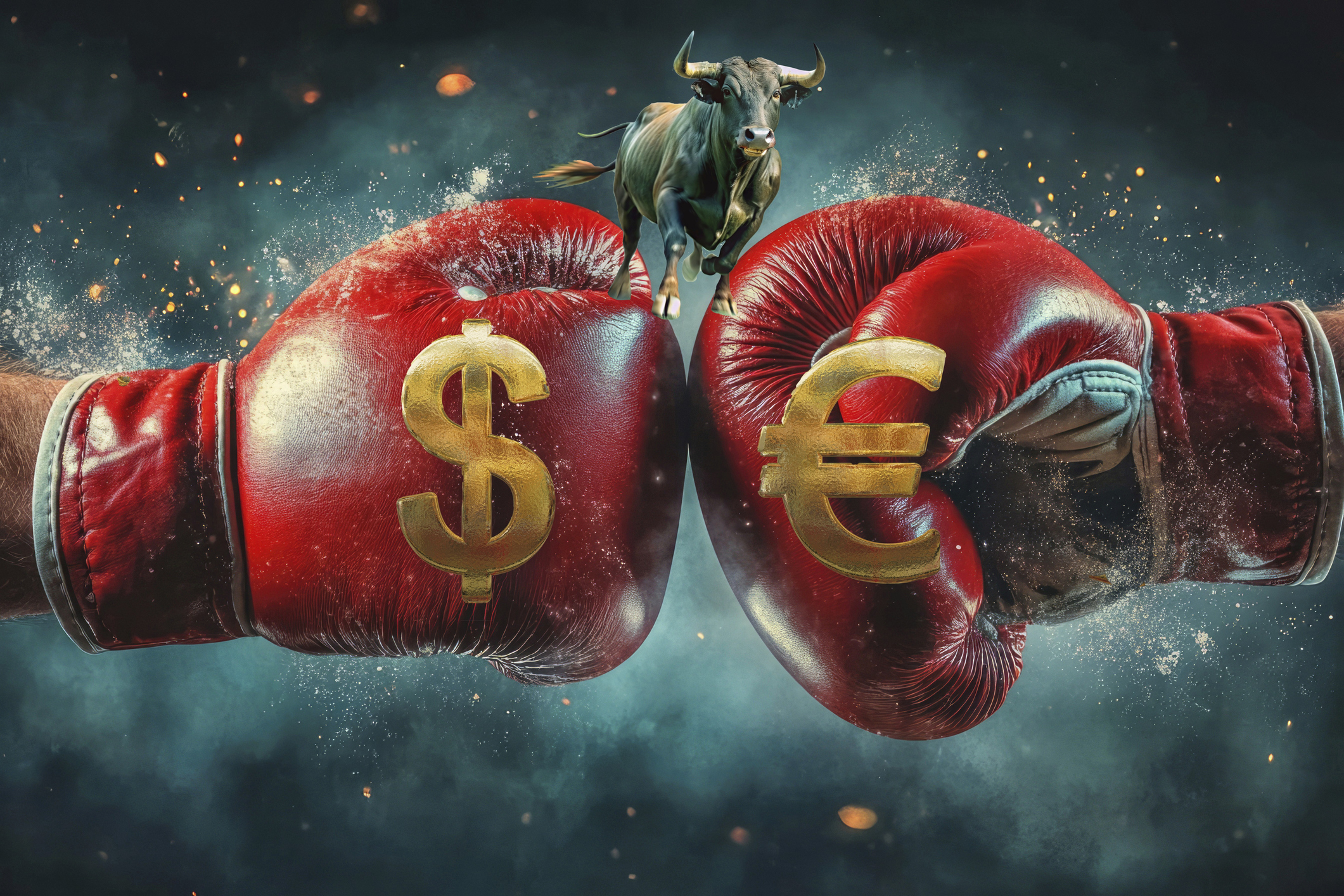 Dow Soars 588 Points as Trump Retreats: Stock Market Today
Dow Soars 588 Points as Trump Retreats: Stock Market TodayAnother up and down day ends on high notes for investors, traders, speculators and Greenland.
-
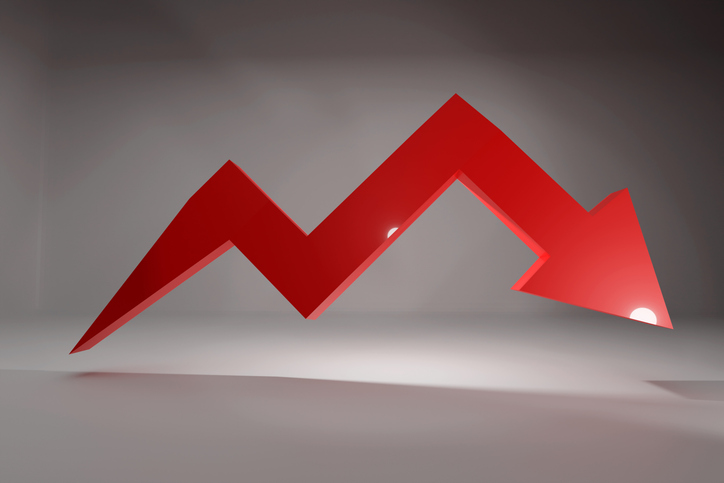 Stocks See First Back-to-Back Losses of 2026: Stock Market Today
Stocks See First Back-to-Back Losses of 2026: Stock Market TodayRising geopolitical worries and a continued sell off in financial stocks kept pressure on the main indexes on Wednesday.
-
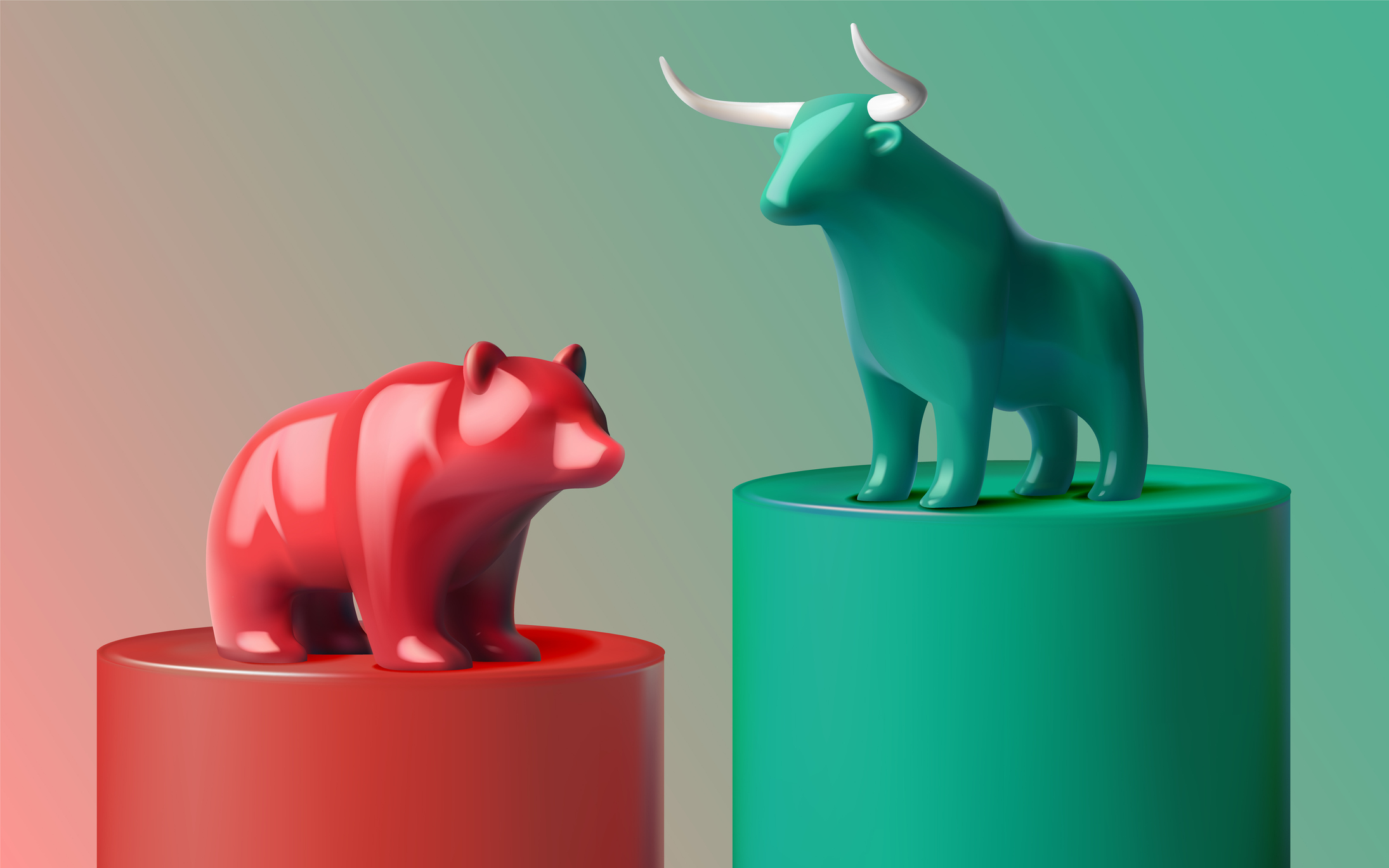 Stocks Struggle for Gains to Start 2026: Stock Market Today
Stocks Struggle for Gains to Start 2026: Stock Market TodayIt's not quite the end of the world as we know it, but Warren Buffett is no longer the CEO of Berkshire Hathaway.
-
 Risk Is On Again, Dow Jumps 381 Points: Stock Market Today
Risk Is On Again, Dow Jumps 381 Points: Stock Market TodayThe stock market started the week strong on signs the government shutdown could soon be over.
-
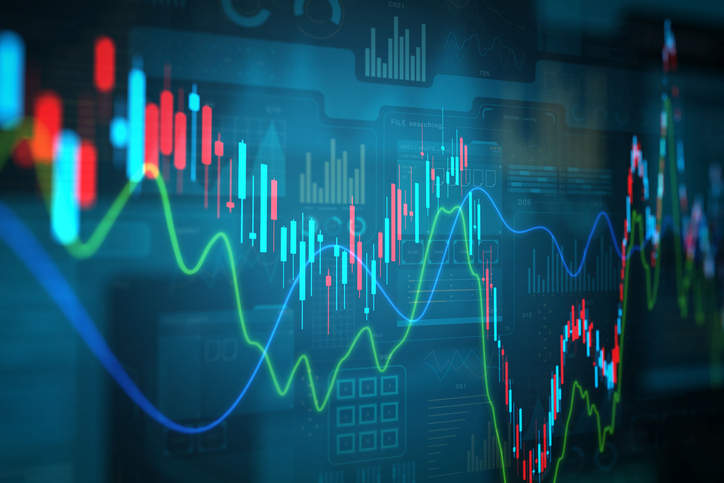 Stocks Swing in Volatile Session: Stock Market Today
Stocks Swing in Volatile Session: Stock Market TodayThe main indexes fell sharply in early trading on rising China tensions, but rebounded thanks to encouraging bank earnings.
-
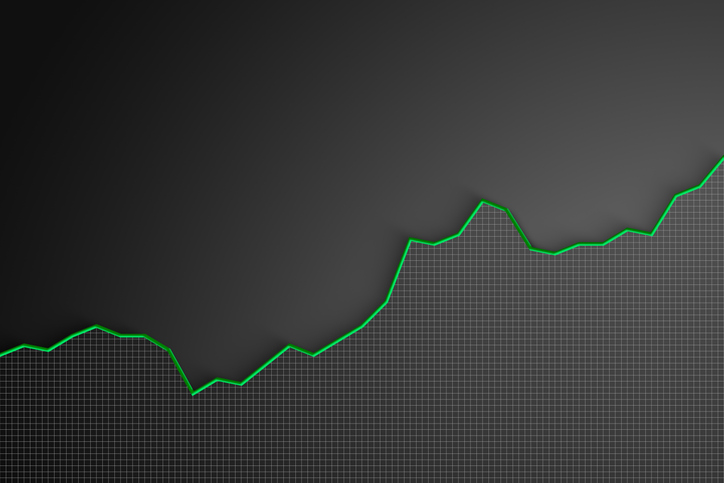 Stocks at New Highs as Shutdown Drags On: Stock Market Today
Stocks at New Highs as Shutdown Drags On: Stock Market TodayThe Nasdaq Composite, S&P 500 and Dow Jones Industrial Average all notched new record closes Thursday as tech stocks gained.
-
 The Best Bank Stocks to Buy
The Best Bank Stocks to BuyBank stocks are part of the financial services sector and are a way to gain exposure to the broader economy. Here, we look at how you can find the best ones.
-
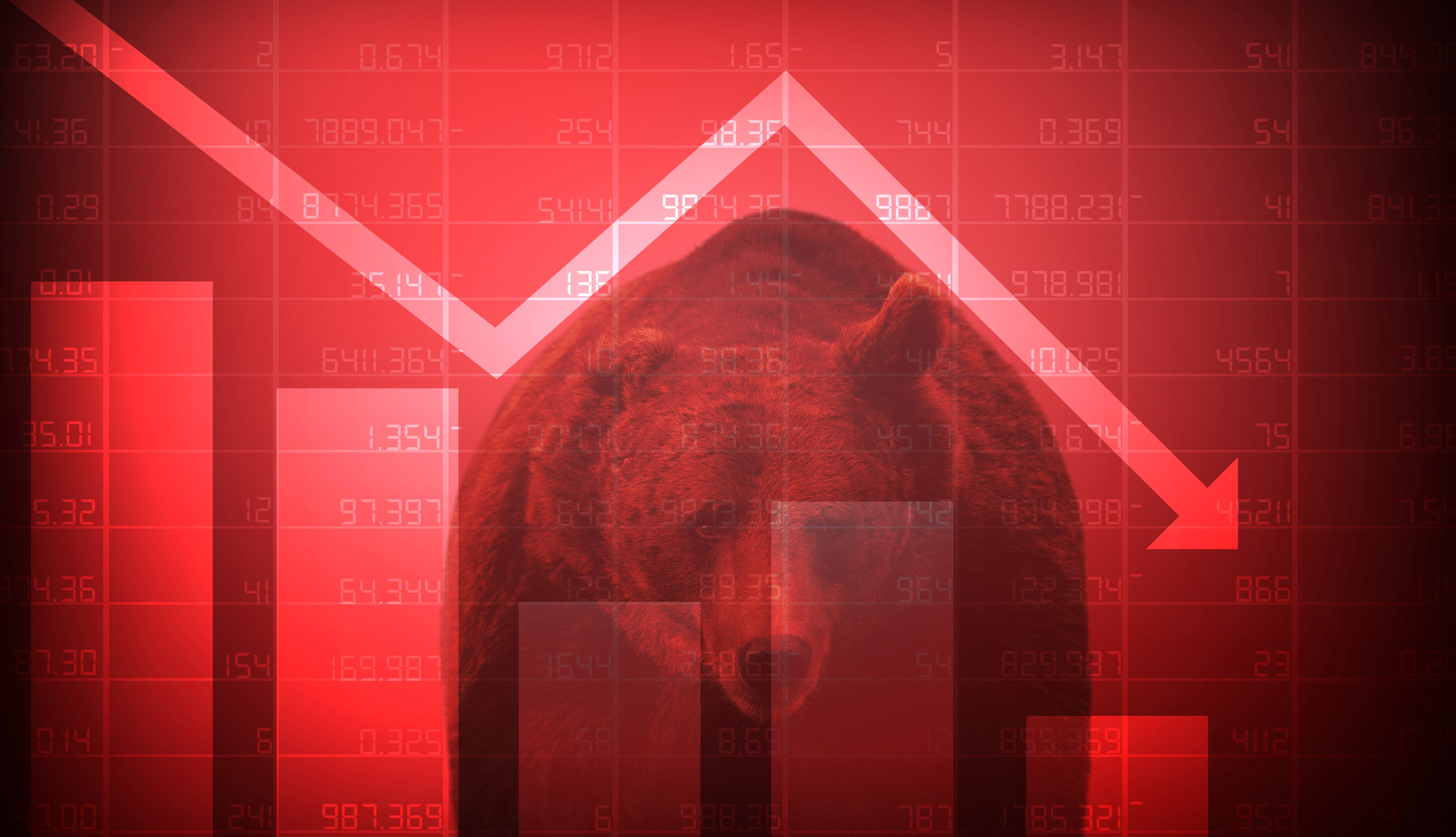 Stocks Slide to Start September: Stock Market Today
Stocks Slide to Start September: Stock Market TodaySeasonal trends suggest tough times for the stock market as we round into the end of the third quarter.